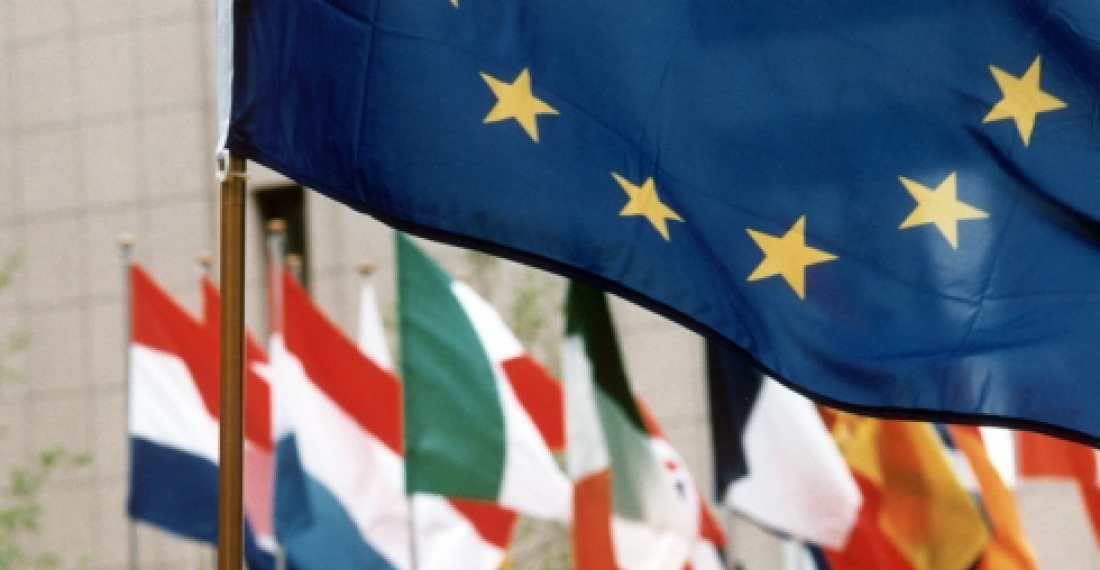The European Union and Ukraine have initalled a landmark Association Agreement between them on Friday in Brussels after five years of negotiations, the Ukrainian Foreign Ministry said. The agreement, aimed at establishing political association and economic integration between the European Union and Ukraine, is to replace the 1998 Partnership and Co-operation Agreement as a basis for bilateral relations.
The document, totaling more than 1,000 pages, was initialed by Ukrainian Deputy Foreign Minister Pavlo Klimkin and Managing Director of the European External Action Service for Russia, Eastern Neighborhood and the Western Balkans Miroslav Lajcak.
Initialing of an international agreement is a technical step before the official signature, and it is yet unclear when the document will be formally signed. The agreement is unlikely to be signed before the Ukrainian parliamentary elections due in October. The trial and subsequent seven-year jail term for former premier Yulia Tymoshenko, which Europe sees as politically motivated, also became a hurdle for signing the document. Ukrainian Foreign Minister Kostyantyn Hryshchenko said he expected the deal to be signed "within the period of from six to twelve months."
Commonspace.eu political editor said in a comment: "The initialling of the Association Agreement between the EU and Ukraine marks a high point in relations between the two sides and will greatly contribute to Ukraine's asspirations to play a fuller role in European affairs. The agreement will also add significance to the EU Eastern Partnership initiative. There remain some political hurdles before the agreement comes into force but yesterday's event was an important step. The EU has recently also launched a process for negotiating similar Association Agreements with Armenia, Azerbaijan and Georgia. The agreement with Ukraine is expected to add momentum to this process too."
source: commonspace.eu, with RIA Novosti







